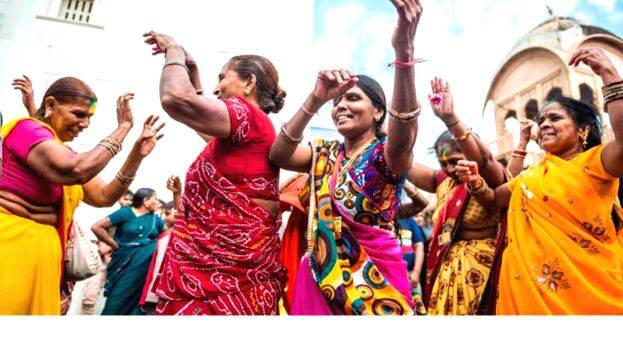

27 years after being first introduced, the Women's Reservation Bill is becoming a reality in India. With the passage of the Bill by the Lok Sabha Assembly, women will get 33 percent of seats in the general elections to the Legislative Assemblies and Lok Sabha. With this, one-third of the total members of any assembly will be women. Currently, women members are less than 15 percent in the Lok Sabha and less than 10 percent in the legislative assemblies.
The percentage of seats allotted for women in the current schedule category reservation will be changed as well. Currently, women MPs are less than 15 percent in the Lok Sabha and less than 10 percent in the legislatures.
The bill will not experience any roadblocks as the NDA has the majority and moreover, congress has offered assent for the bill to turn law. But the law is unlikely to come into effect in the upcoming Lok Sabha elections. There will be a delay in completing the process. But it can be implemented in the assembly elections coming after a year. The need for more women's representation in the parliament was a clarion call long made by many sections of the country but was subdued by major political parties for all these years.
The Supreme Court of India came into existence on January 28, 1950. Even after 73 years, the country is still on the wait for its first women chief justice. Many constitutional institutions are headed by men. Take the example of chief ministers in India, which is also dominated by men. Despite their low representation in politics, in recent times, women have made great strides in all areas of society, including science and technology.
During today’s time, women have acquired respect while many are seated in top spots in many domains that society thought were only reserved for men.
It is however praiseworthy that the current NDA government has rightfully obliged to the long demand of Women sections in the country. With this, due participation of women in the legislative process is ensured. This is essential for democracy to be meaningful. By ending male dominance and paving the way for women's empowerment, India will emerge as a place where equality matters.